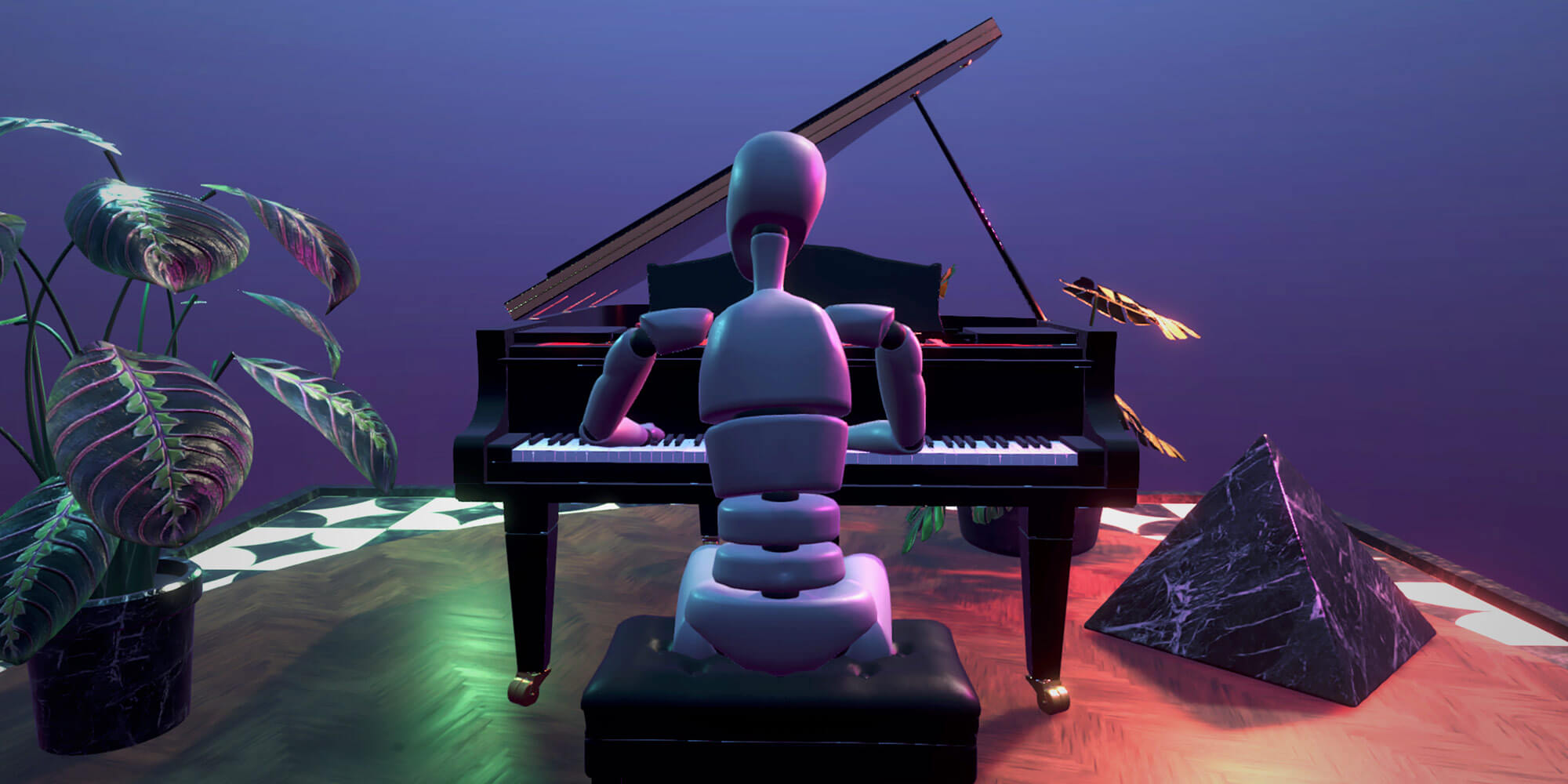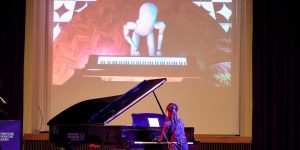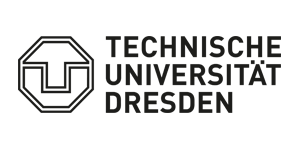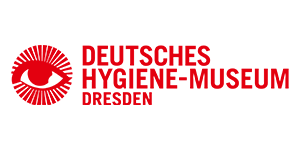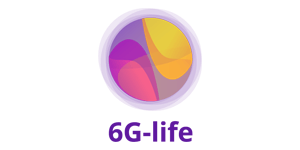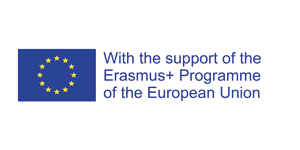The TU Dresden garden offers new perspectives on the technological and social implications of our digital age. How can we shift our designs to a more humanity-centered approach in a post-pandemic world? With respect to the need for sustainable societies, we may intertwine digital and analogue spaces to experience others and share knowledge in an open, immersive and ecological way. Technologically, this development will be accelerated by the next-generation communication tech: 6G. With decreased latency and extremely fast data processing, the interface solutions connecting humans to machines will increase in importance and be accessible to more and more people around the globe. The democratization of knowledge and skills goes hand in hand with a diversification of interface systems according to the different knowledge systems used. Whereas databases need a visual representation, skills such as playing the piano require haptic feedback to support learning. Additionally, interfaces need to be diversified, not just with respect to group status but even more so on an individual level. This raises questions for designers about the personal and, perhaps, the cultural implications of their work.
Video
Credits
Industrial Design Engineering TU Dresden (DE), Communication Networks TU Dresden (DE), Centre for Tactile Internet with Human-in-the-Loop, TU Dresden (DE), 6G for live, TU Dresden (DE), Deutsches Hygiene Museum Dresden (DE), SLUB (DE)


